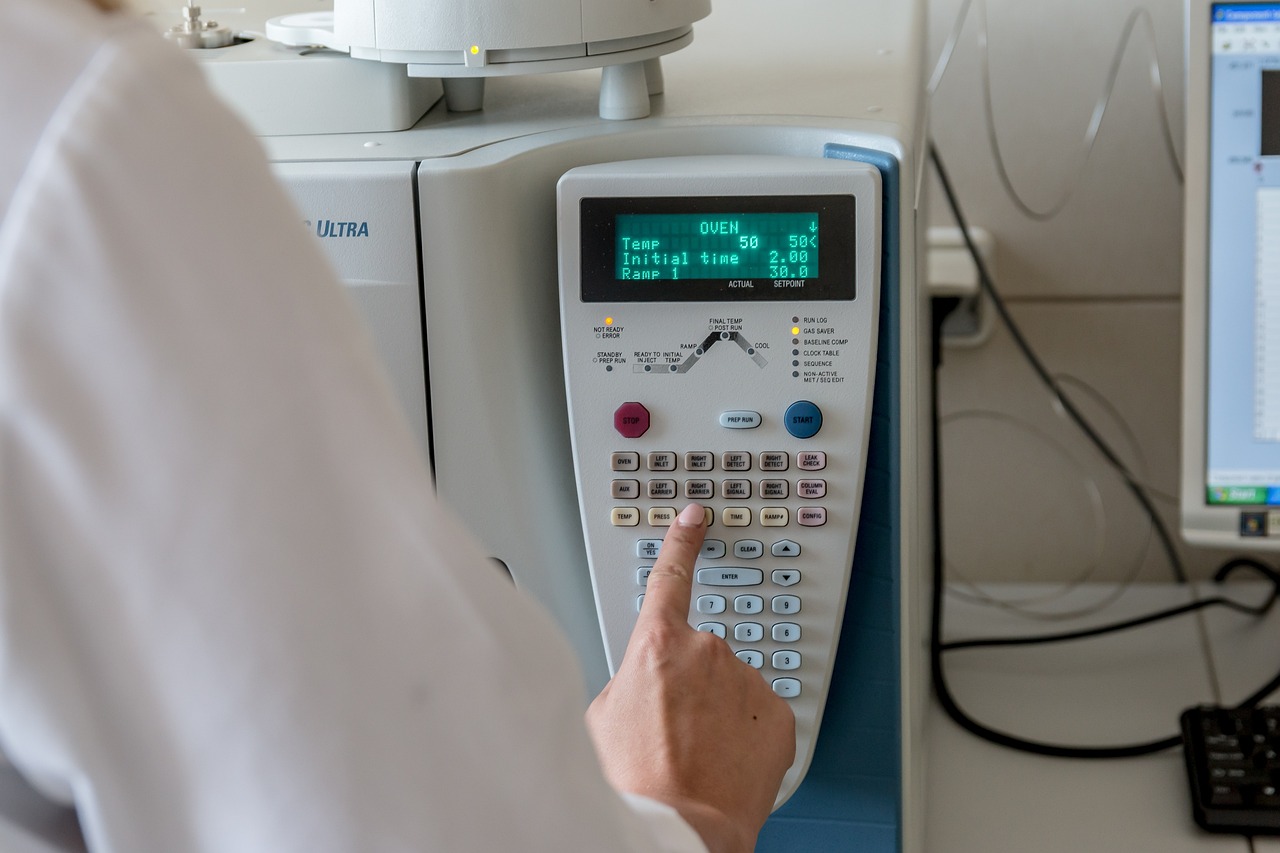When it comes to the cost of pregnancy tests, there are various factors to consider that can impact the price you pay. From the types of tests available to different brands and where you choose to purchase them, understanding these elements can help you make informed decisions and find budget-friendly options.
Let’s start by looking at the different types of pregnancy tests. You have the over-the-counter urine tests that you can easily use at home, and then there are blood tests that are typically administered by healthcare professionals. While urine tests are more convenient and affordable, blood tests are known for their higher accuracy but come at a higher cost.
When it comes to brands and features, there is a wide range of options available in the market. Popular pregnancy test brands vary in pricing, sensitivity levels, and features such as digital displays versus traditional lines. These additional features can impact the overall cost of the test.
Considering where to purchase pregnancy tests is also crucial. You can find them in pharmacies, supermarkets, online retailers, and clinics. Each option may have pricing variations, so it’s essential to explore different avenues to find the best deal.
Health insurance coverage can also play a role in the cost of pregnancy tests. Understanding how insurance may cover these tests, the factors that influence coverage, and alternative ways to access affordable testing can help you manage expenses effectively.
Lastly, some individuals may consider DIY and homemade pregnancy tests as a cost-effective option. While these tests using household items may seem appealing, it’s essential to evaluate their validity, accuracy, and potential risks before relying on them for definitive results.

Types of Pregnancy Tests
When it comes to pregnancy tests, there are primarily two main types available: over-the-counter urine tests and blood tests administered by healthcare professionals. Over-the-counter urine tests are convenient, affordable, and widely accessible, making them the most common choice for women wanting to confirm pregnancy at home. On the other hand, blood tests, which are conducted at clinics or hospitals, are known for their higher accuracy levels compared to urine tests. While urine tests can detect pregnancy hormones a few days after a missed period, blood tests can provide results even earlier, making them a preferred option for certain situations.
Within the realm of over-the-counter urine tests, there are various brands offering different features and price points. Some tests come in digital formats, providing clear results in words or symbols, while others are traditional line-based tests. The sensitivity levels of these tests vary, with some being able to detect lower levels of pregnancy hormones earlier than others. Additionally, certain brands may offer additional features such as easy-grip handles, result indicators, or compatibility with tracking apps, all of which can influence the overall cost of the test.

Brands and Features
When it comes to pregnancy tests, the market is flooded with a variety of brands offering different features and price points. Understanding the differences between these brands can help you make an informed decision when choosing a test. Let’s delve into the world of pregnancy test brands and features to see what sets them apart.
- Popular Brands: From Clearblue to First Response, there are numerous well-known brands that dominate the pregnancy test market. These brands often come with a higher price tag due to their reputation for accuracy and reliability.
- Pricing: The cost of pregnancy tests can vary significantly depending on the brand. While some brands offer budget-friendly options, others may be more expensive but come with additional features such as digital displays or early detection capabilities.
- Sensitivity Levels: Different brands have varying levels of sensitivity when it comes to detecting the pregnancy hormone hCG. Some tests are designed to detect lower levels of hCG earlier in the pregnancy, while others may require higher levels for a positive result.
- Digital vs. Traditional: One key feature to consider is whether you prefer a digital test that displays results in words or symbols, or a traditional test that shows lines. Digital tests are often easier to read but tend to be more expensive.
- Additional Features: Some pregnancy tests come with additional features such as ergonomic designs, easy-grip handles, or result indicators to show if the test is working correctly. These features can impact the overall cost of the test.
When choosing a pregnancy test, it’s essential to consider your budget, preferences, and needs to select a brand that aligns with your expectations. Whether you opt for a well-known brand with advanced features or a more affordable option, the most crucial factor is ensuring the test is reliable and accurate in detecting pregnancy.

Where to Purchase
When it comes to purchasing pregnancy tests, there are several options available for consumers. From convenience stores to online retailers, the choices can be overwhelming. Let’s explore the different places where you can purchase pregnancy tests:
- Pharmacies: Pharmacies are a common go-to for purchasing pregnancy tests. They offer a variety of brands and types, making it easy to find the right test for your needs. Additionally, pharmacists can provide guidance on which test may be best for you.
- Supermarkets: Many supermarkets have a health and wellness section where pregnancy tests are readily available. This option provides convenience for those who are already grocery shopping and may offer competitive pricing.
- Online Retailers: With the rise of e-commerce, purchasing pregnancy tests online has become increasingly popular. Online retailers often have a wide selection of tests to choose from, and some may offer discreet packaging for privacy.
- Clinics: Healthcare clinics and doctor’s offices also offer pregnancy testing services. While these tests may be more expensive than over-the-counter options, they are administered by healthcare professionals and may provide quicker results.
Consider factors such as pricing, convenience, and privacy when deciding where to purchase your pregnancy test. Each option has its own advantages, so choose the one that best fits your needs and budget. Remember, the most important thing is to ensure you have access to accurate and reliable testing during this crucial time.

Insurance Coverage
When it comes to the cost of pregnancy tests, understanding how insurance coverage plays a role can be crucial. Many health insurance plans offer coverage for pregnancy tests, but the extent of coverage can vary widely. Factors such as the type of test, medical necessity, and individual insurance policies all come into play when determining coverage.
Here are some key points to consider when exploring insurance coverage for pregnancy tests:
- Plan Inclusions: Check your insurance policy to see if pregnancy tests are covered under preventive care or if they fall under diagnostic services. This distinction can affect the out-of-pocket costs you may incur.
- Network Providers: Some insurance plans may only cover pregnancy tests if they are conducted at specific healthcare providers within their network. Be sure to confirm where you can go for covered testing.
- Pre-authorization Requirements: Certain insurance plans may require pre-authorization before obtaining a pregnancy test to ensure coverage. Understanding these requirements can help avoid unexpected expenses.
It’s important to communicate with your insurance provider directly to clarify coverage details and any potential out-of-pocket costs associated with pregnancy testing. Additionally, if your insurance does not fully cover the cost of a pregnancy test, there may be alternative options available to help mitigate expenses.

DIY and Homemade Tests
When it comes to pregnancy tests, there is a growing trend towards do-it-yourself (DIY) and homemade tests using common household items. These tests are often seen as a cost-effective alternative to traditional store-bought options. However, it’s crucial to understand the validity, accuracy, and potential limitations of these DIY methods before relying on them for such a life-changing moment.
One popular DIY pregnancy test involves using bleach, a substance commonly found in most households. The idea is that when urine is mixed with bleach, a chemical reaction occurs that supposedly indicates pregnancy. While this method may seem simple and convenient, its accuracy and reliability are highly questionable. The results can be easily misinterpreted, leading to false positives or negatives.
Another homemade test involves using sugar to detect pregnancy. This test suggests that when urine is mixed with sugar, the reaction can reveal pregnancy based on the formation of clumps. However, there is no scientific evidence to support the accuracy of this method. The results may vary depending on the type of sugar used and the consistency of the urine, making it unreliable.
It’s essential to approach DIY and homemade pregnancy tests with caution and skepticism. While these methods may seem like a cost-effective solution, they lack the precision and accuracy of commercial tests. When it comes to confirming a pregnancy, it’s always recommended to rely on medically approved and scientifically validated tests for accurate results and peace of mind.
Frequently Asked Questions
- What factors affect the cost of pregnancy tests?
The cost of pregnancy tests can vary based on factors such as the type of test, brand, and where it is purchased. Factors like digital features, sensitivity levels, and packaging can also influence the price.
- Where can I buy pregnancy tests?
Pregnancy tests are available for purchase at pharmacies, supermarkets, online retailers, and clinics. Prices may differ across these locations, so it’s advisable to compare options before making a purchase.
- Does health insurance cover the cost of pregnancy tests?
Health insurance coverage for pregnancy tests can vary depending on the provider and the type of test. It’s recommended to check with your insurance company to understand what is included in your coverage.
- Are DIY pregnancy tests reliable?
DIY pregnancy tests using household items may not always be accurate or reliable. While they can be cost-effective, it’s essential to consider the potential risks and limitations associated with these homemade methods.